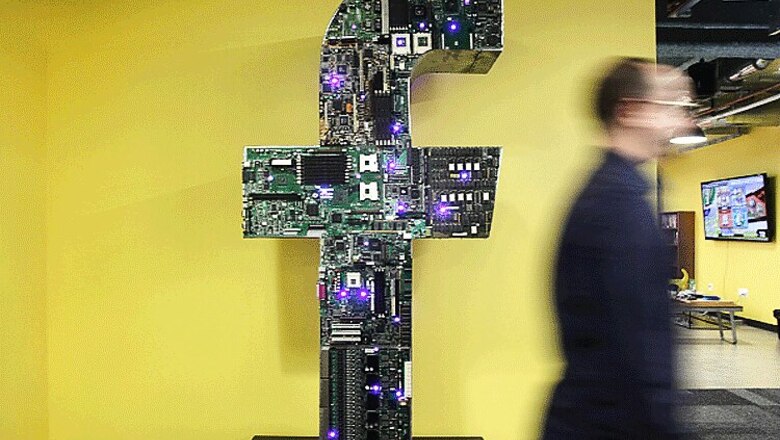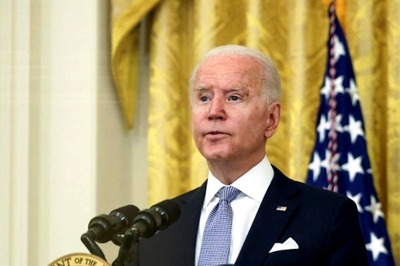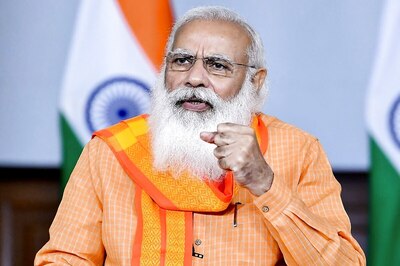
views
Washington: More than one-third of America's technology "innovators" are foreign born, according to a study released Wednesday that debunks many commonly held beliefs about the sector.
Immigrants make up 35.5 per cent of US innovators -- defined as people who make "meaningful and marketable innovations" to tech-related industries, said the study by the Information Technology and Innovation Foundation, a Washington think tank.
An additional 10 per cent of innovators were born in the United States but have at least one parent born abroad, the study found.
"People may think technological innovation is driven by precocious college dropouts at startup companies, like Bill Gates and Mark Zuckerberg," said researcher Adams Nager, one of the authors.
"In reality, America's innovators are far more likely to be immigrants with advanced degrees who have paid their dues through years of work in large companies."
One stereotype that turns out to be true, the report says, is that women and US-born minorities are largely underrepresented in the tech innovation space.
The study found that US-born minorities -- including Asian Americans, African Americans, Hispanics, Native Americans, and other ethnicities -- made up eight percent of US-born innovators, even though these groups account for 32 percent of the US population.
African Americans account for just half of one percent of US-born innovators, even though they make up 13 percent of the population of the United States, ITIF said.
The authors said the study highlights the need for more flexible immigration policies, and for boosting education in the so-called STEM fields -- science, technology, engineering and mathematics.
"We need policies to strengthen and expand the immigration pipeline that allows highly trained STEM workers to innovate in the United States, including foreign STEM graduates of US colleges and universities who often have a hard time staying legally," the report said.
ITIF president Robert Atkinson said the report also showed "it is very clear that we need to do a much better job enabling women and minorities to earn STEM degrees."
The study began by identifying so-called high-impact and high-value innovation, including patents filed for new inventions, and finding the people behind them.
The researchers contacted 6,418 of these people and obtained responses from 923 of them.




















Comments
0 comment